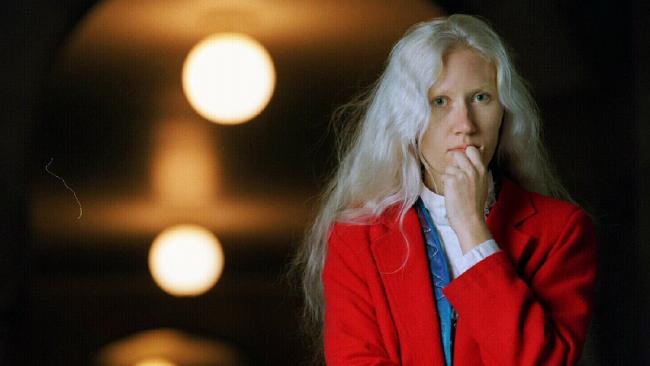YHBT. YHL. HAND.
The abbreviation above stands for “You have been trolled. You have lost. Have a nice day.” It’s the internet’s version of that ageless primary school taunt: “Sucked in.” If you pre-date the internet, see Charlie Brown, Lucy and the football for explanatory reference.
When my book The Hand that Signed the Paper came out just over 20 years ago, I pretended to be someone I’m not: Helen Demidenko, from a Ukrainian family with links to the Nazis. In hindsight, trolling the literary establishment (and I mean trolling in the original sense — that is, pulling the wool over) wasn’t the wisest thing I’ve ever done. However, like many trolls, I had a serious point to make: being imaginative is more important for a writer than being from the “right” ethnic background or having the “right” experience.
The criticisms directed at me 20 years ago after the book won the Miles Franklin Award, and more recently at Lionel Shriver after she argued at the Brisbane Writers Festival that writers should be free to take on other cultural identities, make two claims: “writers should be more representative of the population at large” and “writers should not tell other people’s stories”.
Both claims are incoherent. They are incoherent because literature is not a democracy, it’s an aristocracy — in the old, Aristotelian sense of “rule by the best” — and because novelists are in the business of telling other people’s stories.
Read the full article by Helen Dale at The Australian.

